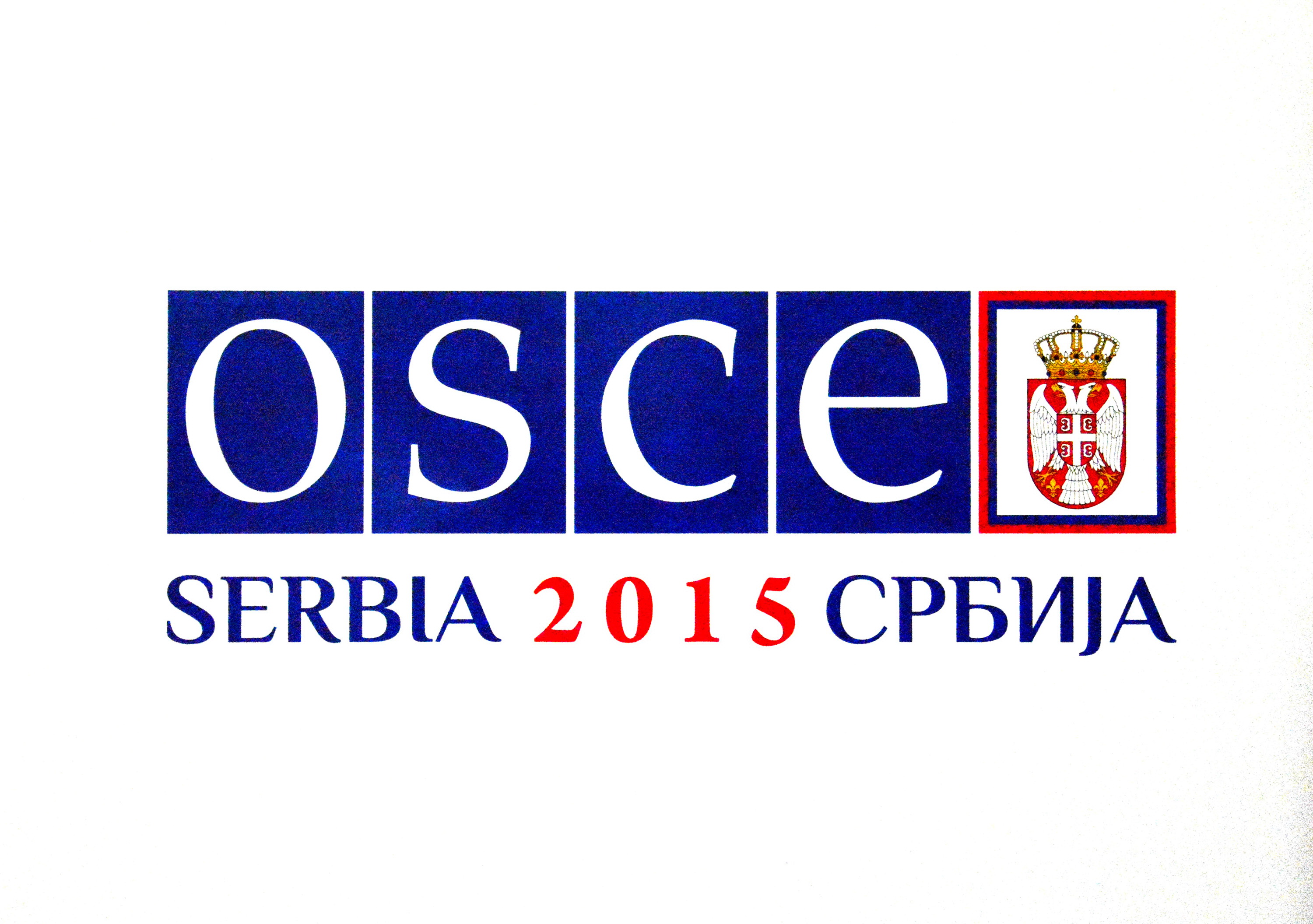



| Friday, 10 July 2015. | |
| OSCE Troika meets in Helsinki on the occasion of the 40th anniversary of the Helsinki Final Act | |
| + larger fontnormal font- Smaller font |
 Members of the OSCE Troika, represented by the current and previous Chairpersons-in-Office - Ivica Dačić, Serbia's Minister of Foreign Affairs and Didier Burkhalter, Head of the Federal Department of Foreign Affairs of Switzerland, and the Special Representative of the incoming Chairmanship, Gernot Erler of Germany, met today on the margins of the OSCE Informal High-Level Meeting commemorating the fortieth anniversary of the adoption of the Helsinki Final Act. The members of the Troika were also received by the Finnish President Sauli Niinistö. Members of the OSCE Troika, represented by the current and previous Chairpersons-in-Office - Ivica Dačić, Serbia's Minister of Foreign Affairs and Didier Burkhalter, Head of the Federal Department of Foreign Affairs of Switzerland, and the Special Representative of the incoming Chairmanship, Gernot Erler of Germany, met today on the margins of the OSCE Informal High-Level Meeting commemorating the fortieth anniversary of the adoption of the Helsinki Final Act. The members of the Troika were also received by the Finnish President Sauli Niinistö.The OSCE Troika members recalled the spirit of political determination and engagement during the Conference on Security and Co-operation in Europe (CSCE), which was crowned by the signing of its Final Act on 1 of August 1975 and paved the way for a transition from confrontation to co-operation and the end of the Cold War. The Helsinki Final Act and the CSCE Process made crucial contributions to developments that have shaped European security over the past forty years. They laid foundations for the comprehensive, co-operative, equal and indivisible approach to security, through shared commitments of participating States in the politico-military, economic and environmental, and human dimensions. The Organization for Security and Cooperation in Europe has come a long way since then. Its significant role in crisis management, from early warning to post-conflict rehabilitation, has placed the OSCE at the forefront of efforts to maintain peace and security throughout the OSCE area. Ministers Dačić and Burkhalter and Special Representative Erler stressed that there cannot be but a political solution to the crisis in and around Ukraine. They pointed out that the OSCE and the Special Monitoring Mission are playing a vital role in implementing the package of measures adopted in Minsk and stressed the responsibility of all the sides for fulfilling all their obligations stemming from the Minsk agreements, starting with observing the ceasefire and the withdrawal of heavy weapons. They extended their full support to the recently appointed Special Representative of the Chairperson-in-Office in Ukraine and in the Trilateral Contact Group, Ambassador Martin Sajdik. Once again, they expressed their appreciation for the dedication and outstanding efforts undertaken by his predecessor Ambassador Heidi Tagliavini. Political will to find a solution to this crisis can open doors to the restoration of mutual trust, Troika members noted. Identifying ways to return to the fundamental principles of pan-European security and co-operation was a basis for rebuilding confidence. This could only be done through a continued dialogue, thus full use must be made of the OSCE's instruments, they said. Ministers Dacic and Burkhalter and Special Representative Erler agreed on the need to further increase the efforts to find solutions to the protracted conflicts in the OSCE region. In light of the changing nature of conflicts and the growing importance of providing regional organizations with adequate capacities to act, they recalled their determination to strengthen the OSCE's capacities across the whole conflict cycle, including a review of OSCE abilities for peace operations, in order to enhance European security. The Troika members welcomed discussions on security challenges and the role of the OSCE that took place during the Informal High-Level Meeting and the results of which will be built into the ongoing debate within the Helsinki +40 Process and possibly beyond. They also welcomed the discussions on the Interim Report and recommendations made by the Panel of Eminent Persons on European Security as a Common Project. Looking towards the OSCE Ministerial Conference in Belgrade later this year and beyond, Troika members expressed their expectation that the OSCE participating States will use the 40th anniversary of the Helsinki Final Act to build upon the Organization's achievements across all three dimensions, and to commit themselves to reaching decisions that will open the road to strengthening the OSCE as their collective means to meet the challenges of the 21st century. |